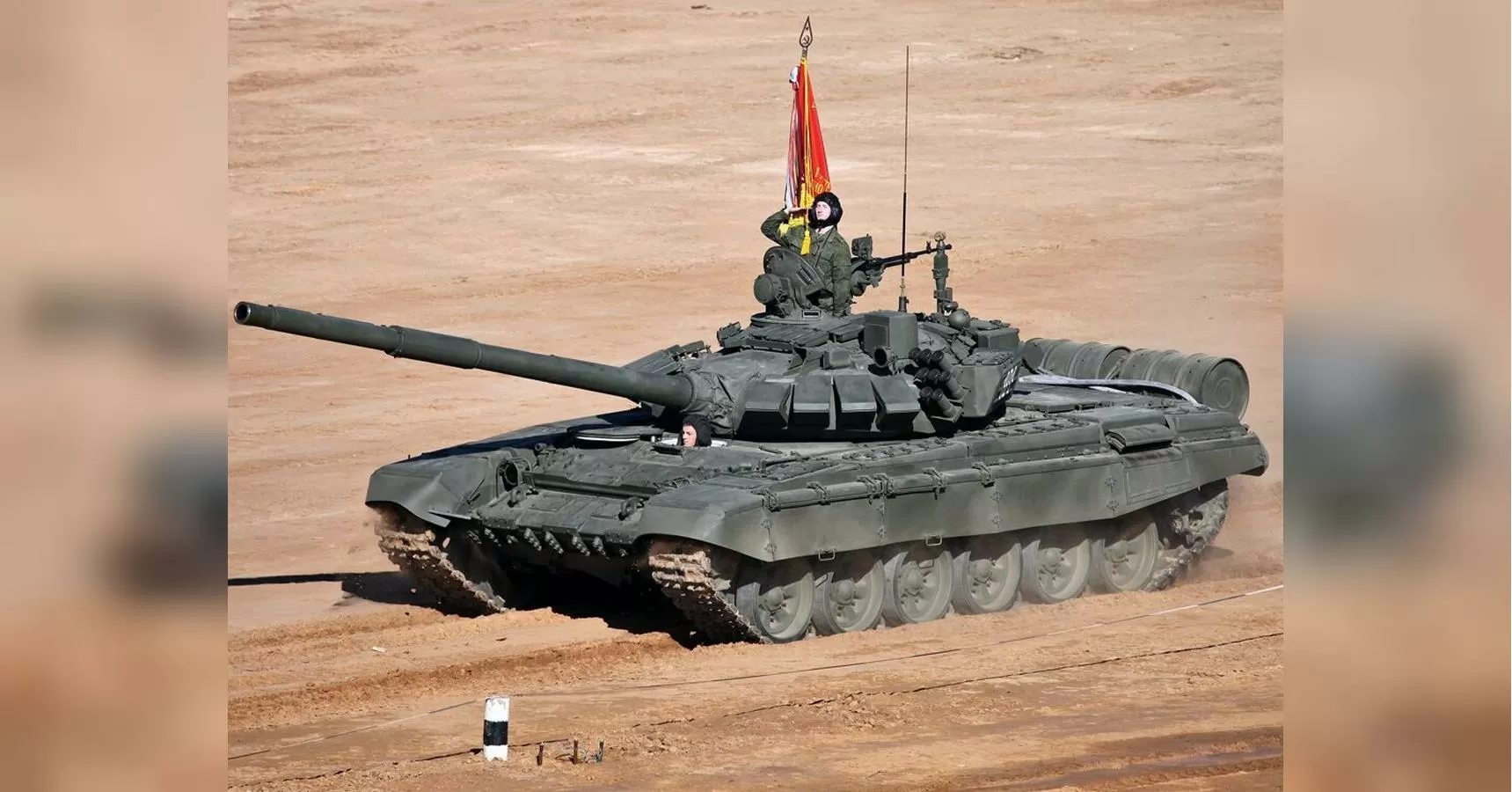Russia has been a major player in global politics and military affairs for many years. With its vast territory, rich resources, and powerful military, the country has always been able to defend its interests and project its influence on the world stage. However, in recent years, Russia has faced significant challenges, including economic sanctions, international isolation, and conflicts with neighboring countries. Despite these obstacles, many analysts believe that Russia is capable of replacing its losses on the battlefield and continuing its offensive activities in the foreseeable future.
One of the main reasons for this belief is Russia’s strong and well-equipped military. The country has the second-largest military budget in the world, after the United States, and has been actively modernizing its armed forces in recent years. This includes the development of advanced weapons systems, such as the S-400 air defense system and the T-14 Armata tank, which have been praised for their capabilities and effectiveness. Additionally, Russia has a large pool of well-trained and experienced soldiers, with a long history of military service and a strong sense of patriotism.
Moreover, Russia has shown its ability to effectively use its military in conflicts, such as the ongoing Syrian civil war. Despite facing a complex and volatile situation, Russian forces have been able to support the Syrian government and turn the tide of the war in its favor. This demonstrates the country’s military prowess and its ability to adapt to different situations and environments.
Furthermore, Russia’s economy has also shown resilience in the face of challenges. Despite facing economic sanctions from the West, the country has been able to maintain a stable economy and even achieve some growth in recent years. This is due to its diverse economy, with a strong focus on natural resources, as well as its efforts to diversify and modernize other industries. Additionally, Russia has been actively building economic partnerships with other countries, particularly in Asia, to reduce its dependence on Western markets.
Another factor that contributes to Russia’s ability to withstand losses on the battlefield is its strong political leadership. President Vladimir Putin, who has been in power for over two decades, has been praised for his strong leadership and ability to navigate through difficult situations. He has also been able to maintain a high level of public support, which is crucial in times of crisis. Under his leadership, Russia has been able to assert itself on the global stage and defend its interests, even in the face of international pressure.
Despite these strengths, there are also challenges that Russia must overcome. One of the main concerns is the country’s aging population and declining birth rate, which could potentially impact its military capabilities in the long run. Additionally, Russia’s economy is still heavily reliant on oil and gas exports, making it vulnerable to fluctuations in global energy prices. Furthermore, the country’s relations with the West remain strained, which could lead to further economic and political challenges in the future.
In conclusion, while Russia may face obstacles and losses on the battlefield, it has shown its ability to overcome them and continue its offensive activities. With a strong and modern military, a resilient economy, and strong political leadership, the country is well-equipped to face any challenges that may come its way. However, it is also important for Russia to address its long-term concerns and continue to diversify its economy and strengthen its relationships with other countries. With these efforts, Russia will be able to maintain its position as a major player in global affairs for years to come.

